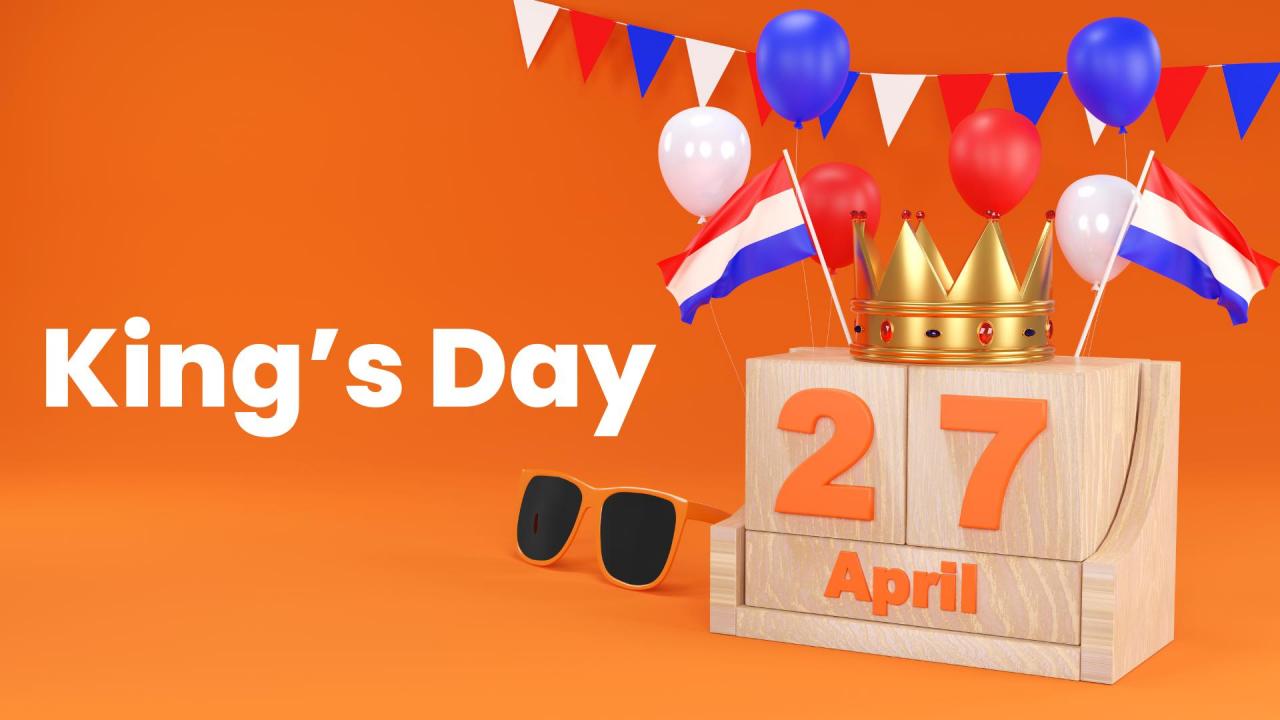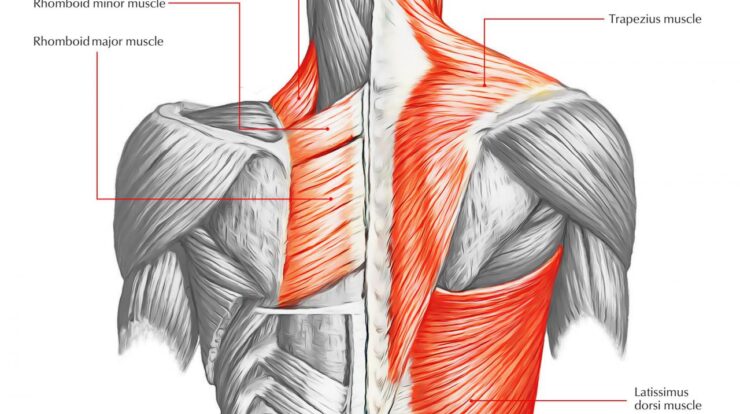
The Netherlands King, a title steeped in history and tradition, embodies the rich tapestry of the Dutch monarchy. From ancient origins to the present day, the Dutch king has played a pivotal role in shaping the nation’s destiny.
This comprehensive guide delves into the fascinating world of the Netherlands King, exploring the lineage of Dutch monarchs, the current king’s responsibilities, the structure of the monarchy, and the significance of the royal residence. It also sheds light on the king’s personal life, international role, and the enduring legacy of the Dutch monarchy.
Netherlands King History

The Netherlands has a rich and storied history of monarchy, dating back to the 16th century. Over the centuries, the Dutch monarchy has played a vital role in shaping the nation’s identity and guiding its development.The first Dutch king was William I of Orange, who led the Dutch revolt against Spanish rule and established the Dutch Republic in 1581. Since then, the Netherlands has been ruled by a succession of kings and queens, each contributing to the nation’s history and legacy.
Current Netherlands King
The current king of the Netherlands is Willem-Alexander, who ascended to the throne in 2013 following the abdication of his mother, Queen Beatrix. Born in 1967, Willem-Alexander is the first male monarch of the Netherlands since 1890.As king, Willem-Alexander is the head of state and symbol of national unity.
He performs a variety of official duties, including opening parliament, receiving foreign dignitaries, and representing the Netherlands abroad.
Netherlands Monarchy
The Dutch monarchy is a constitutional monarchy, meaning that the king’s powers are limited by the constitution. The king is not involved in the day-to-day governance of the country, which is handled by the prime minister and cabinet.The line of succession to the Dutch throne is determined by primogeniture, meaning that the eldest child of the reigning monarch is the heir apparent.
If the reigning monarch has no children, the throne passes to the next sibling in line of succession.
Netherlands King’s Residence
The official residence of the Dutch king is the Noordeinde Palace in The Hague. The palace was built in the 17th century and has been home to the Dutch royal family for over 300 years.The Noordeinde Palace is a grand and imposing building, with a beautiful garden and a private chapel.
It is a popular tourist attraction and is often used for official state functions.
Netherlands King’s Royal Duties
The Dutch king has a wide range of official duties and responsibilities. These include:
- Opening parliament
- Receiving foreign dignitaries
- Representing the Netherlands abroad
- Attending state ceremonies
- Granting pardons
- Appointing government officials
The king also plays an important role in promoting the Netherlands and its interests around the world. He frequently travels abroad to meet with foreign leaders and promote Dutch business and culture.
Netherlands King’s Personal Life
King Willem-Alexander is married to Queen Máxima, a former investment banker from Argentina. They have three daughters: Princess Catharina-Amalia, Princess Alexia, and Princess Ariane.The king is a keen sportsman and enjoys playing tennis, sailing, and skiing. He is also a patron of the arts and regularly attends cultural events.
Netherlands King’s International Role
King Willem-Alexander is an active participant in international relations and diplomacy. He frequently represents the Netherlands at international summits and conferences.The king is also a strong advocate for peace and cooperation. He has worked to promote dialogue between different cultures and religions, and he has supported initiatives to address global challenges such as climate change and poverty.
Conclusive Thoughts
The Netherlands King remains a symbol of national unity, embodying the traditions and values that have shaped the country throughout its history. As the monarchy evolves to meet the challenges of the modern era, the Netherlands King continues to play a vital role in the social, cultural, and political fabric of the nation.
Question & Answer Hub
Who is the current Netherlands King?
King Willem-Alexander
What is the role of the Netherlands King?
Head of state, symbol of national unity, performs official duties and responsibilities
What is the significance of the Dutch royal residence?
Represents the monarchy’s historical and cultural heritage, serves as the king’s official residence and workplace





